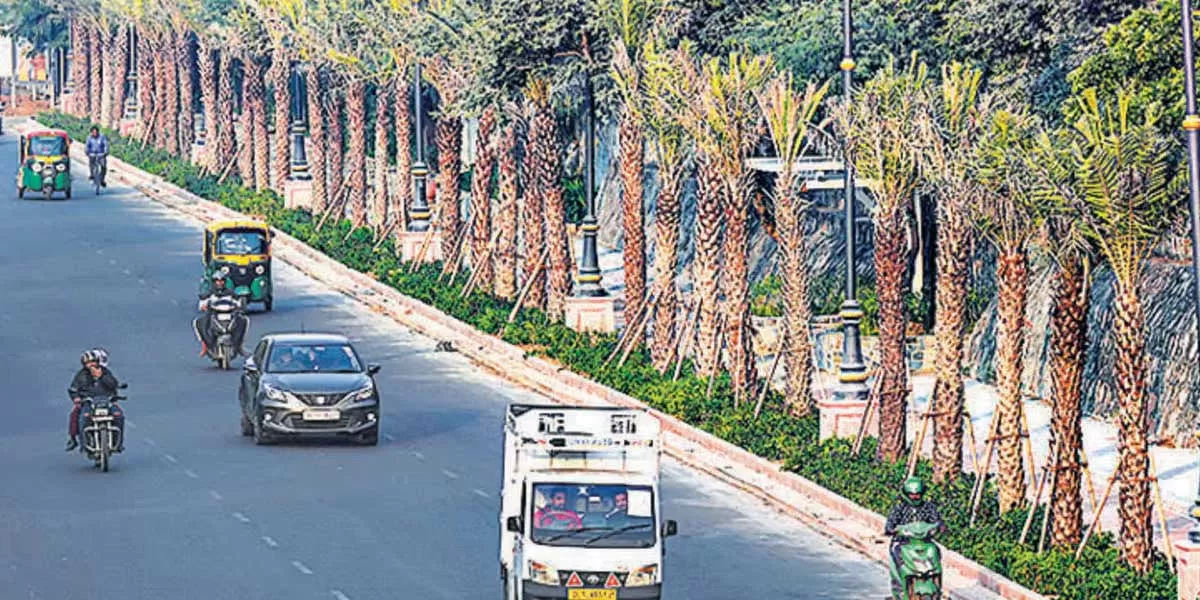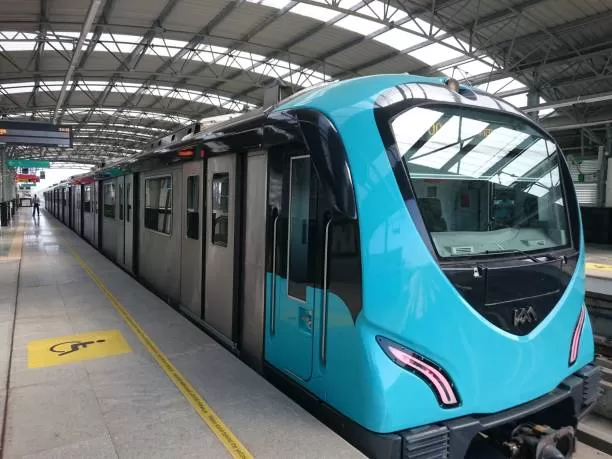
India and Taiwan in talks for $7.5 billion chip plant deal
Redefine the future of urban mobility! Join us at the Metro Rail Conference 2025 to explore groundbreaking ideas and insights. 👉 Register today!

Shiv Murti-Nelson Mandela Tunnel Faces Environmental Concerns
Residents of South Delhi have raised concerns over the proposed tunnel between Shiv Murti interchange on NH-48 and Nelson Mandela Marg in Vasant Kunj, fearing it could harm the local forest, environment, and potentially damage houses in the area. The Delhi Pollution Control Committee (DPCC) presented these concerns in a report to the Union Environment Ministry, following public hearings conducted in September. The ministry will decide whether to grant environmental clearance for the project, with construction slated to begin in July 2025. The tunnel, planned by the National Highways Authorit..

Government Plans Metro Expansion in Hyderabad's North City
The residents of North Hyderabad are set to benefit from the Telangana government's plan to expand the city's metro network to Medchal and Shamirpet. Chief Minister Revanth Reddy has instructed officials to prepare Detailed Project Reports (DPRs) for two new metro corridors as part of this major expansion project. As per the CM's directive, the DPRs must be completed quickly and incorporated into Phase-2B of the metro project. Once finalised, the reports will be submitted to the central government for approval. The proposed extensions include: Extending the metro line from Paradise to Medchal...

BRS Calls for Revival of Raidurg to Shamshabad Metro Corridor
BRS leaders have urged the Telangana government to reinstate the metro rail corridor from Raidurg to Shamshabad, a project originally proposed by the previous BRS administration. They also requested the establishment of a clear deadline for completing Phase II of the metro project, particularly the northern city stretches. Additionally, they suggested implementing a double-decker metro system for the Jubilee Bus Station to Shamirpet corridor. During a press conference at Telangana Bhavan, BRS MLAs KP Vivekananda and Marri Rajasekhar Reddy, along with former MPs Balka Suman and B Vinod Kumar, ..















